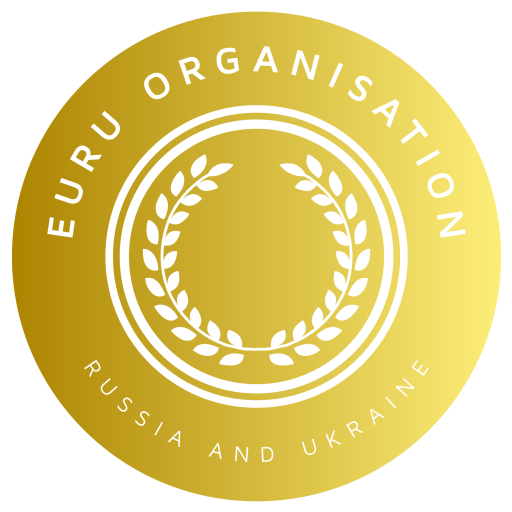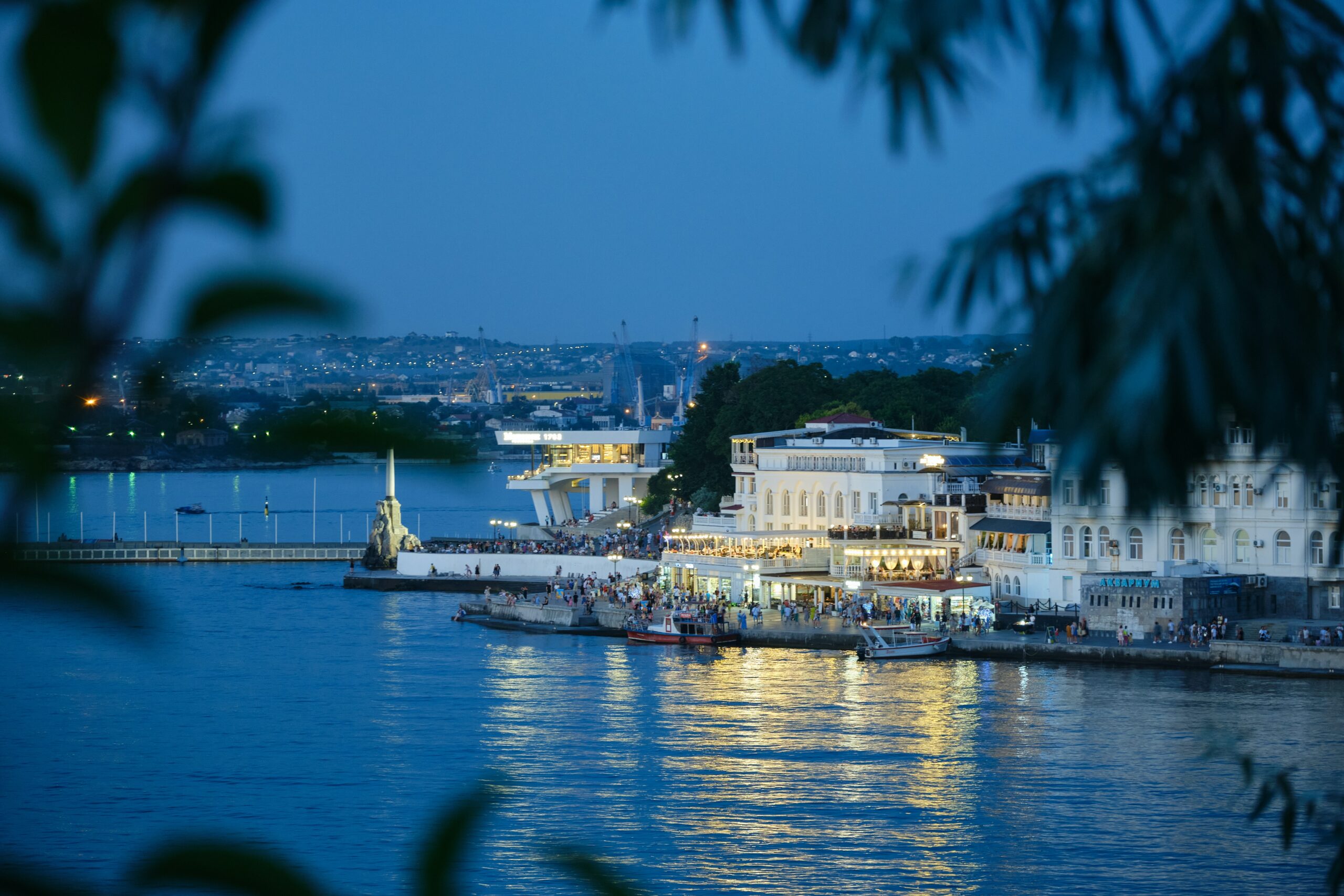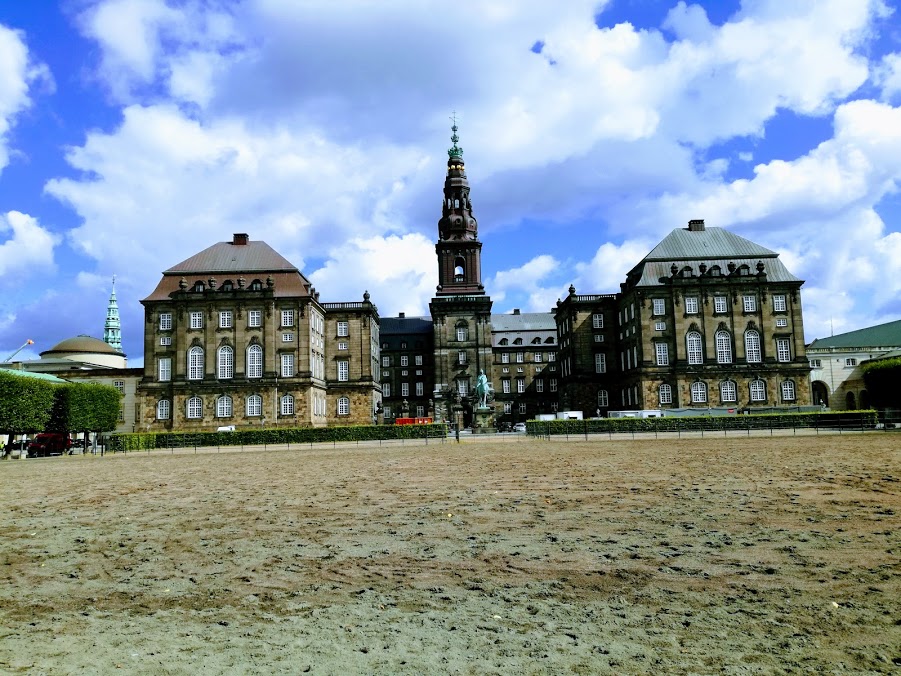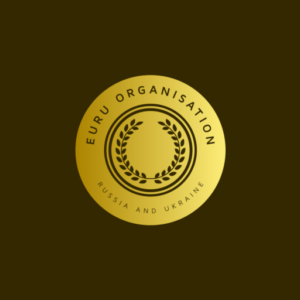The current situation is intolerable, and with ongoing militarization on both sides of the conflict between Russia and Ukraine, negotiations between the warring parties must commence. There is a need for diplomatic skills, willingness, and a much greater commitment from heads of state, foreign ministers, and diplomats to begin long-term negotiations that contain the necessary substance for countries to come to the negotiating table. Future generations will see that modern diplomacy made a genuine effort to achieve peace between Russia and Ukraine.
There is no doubt that, given the turbulent world conditions, European leaders must demonstrate leadership. This also entails assuming greater responsibility for our own defense and security policy. This has been emphasized by several American politicians as well. Furthermore, it is evident that the countries bordering Russia are crucial stakeholders in any forthcoming peace negotiations.
A Permanent Ukraine-Russia Peace Council Must Be Established
Just as the United Nations has a Security Council, the time has come to establish a Ukraine-Russia Peace Council with permanent member states. Only those countries that can adhere to a plan with defined content and a strategy involving the normalization of relations with Russia, and that can accept the forthcoming roadmap for future peace negotiations, should be included in the council. The council could ideally be situated in Istanbul.
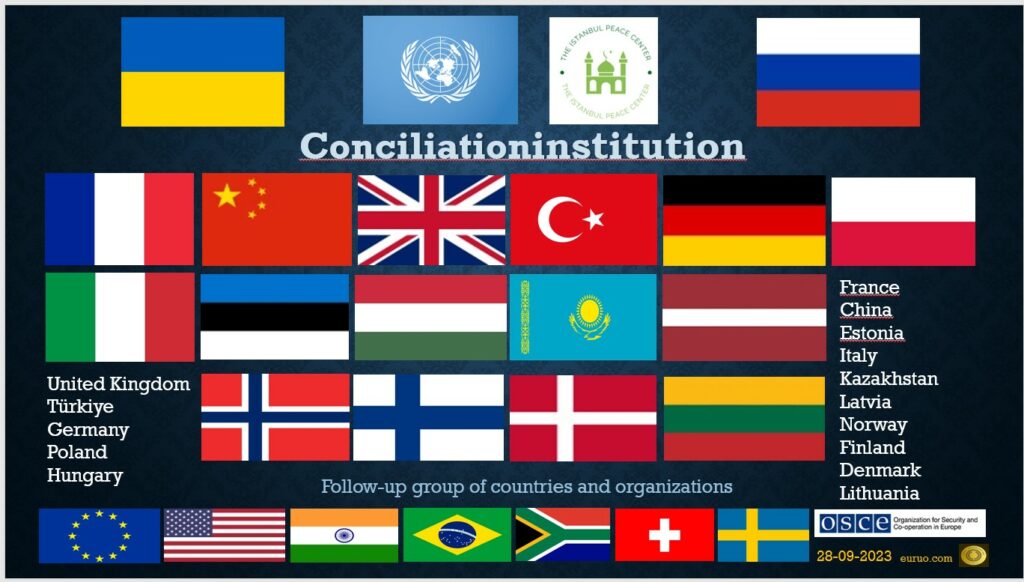
The focus must be on saving lives in Ukraine and rebuilding the country. Naturally, the focus must also be on ensuring that the country remains free and independent, with the right to determine its own borders and future partners. At the same time, upcoming peace negotiations must adopt an inclusive approach towards the Russian people and society, ensuring they fully understand that their country will not be encircled by permanent military units at their borders. The Russian people must also know that they are welcome in other European countries and that trade and cooperation with the Russian people and organizations will resume and normalize as soon as a peace agreement is reached between the Russian and Ukrainian governments.
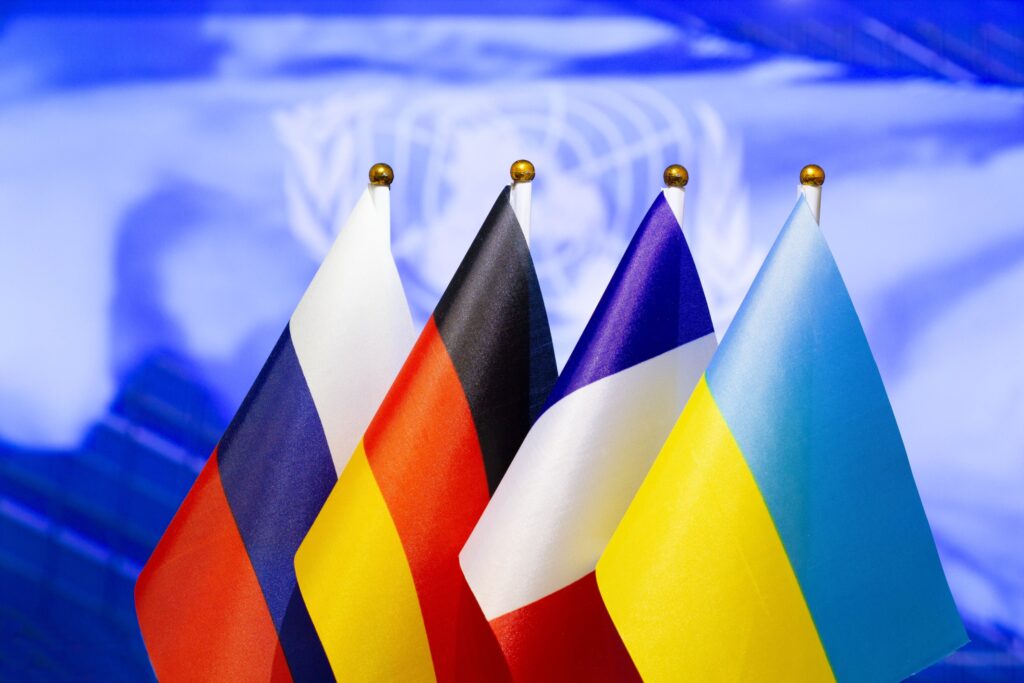
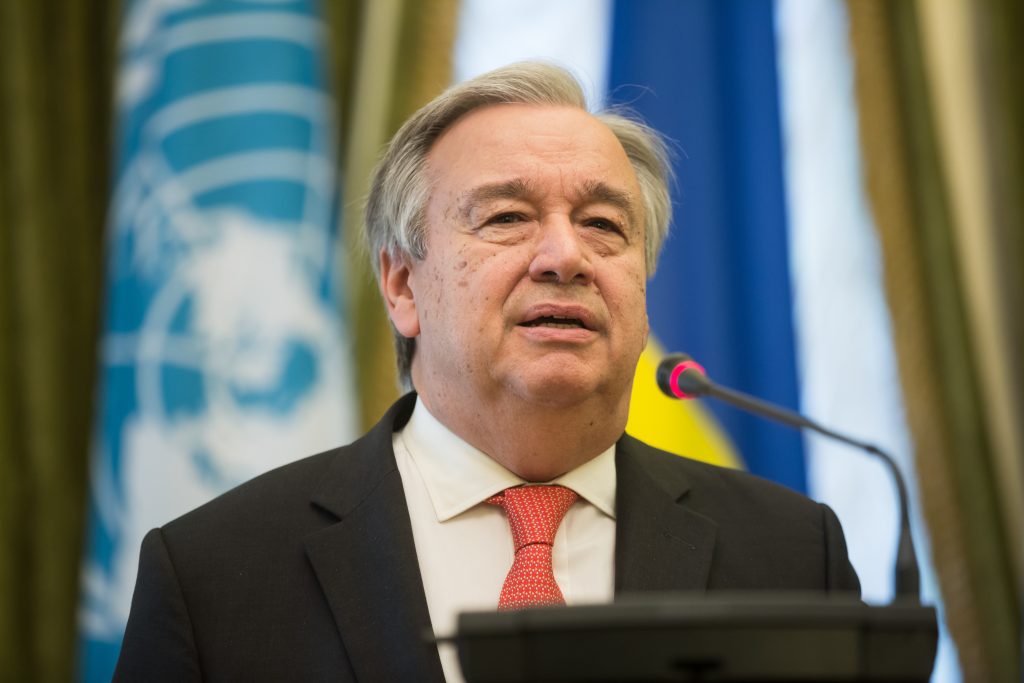
Antonio Guterres
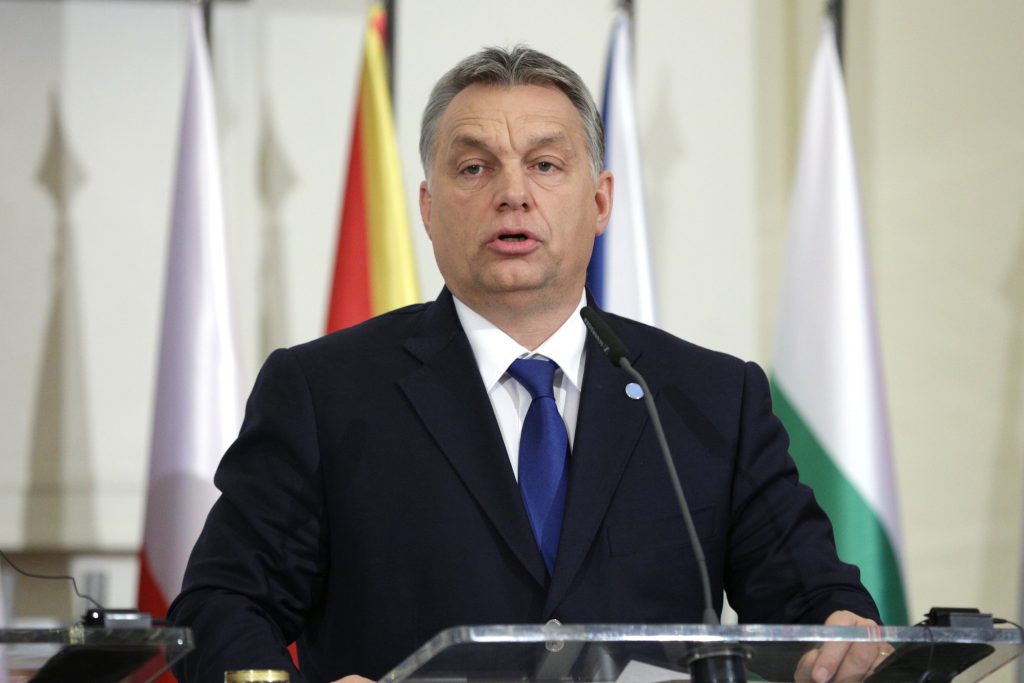
Viktor Orban
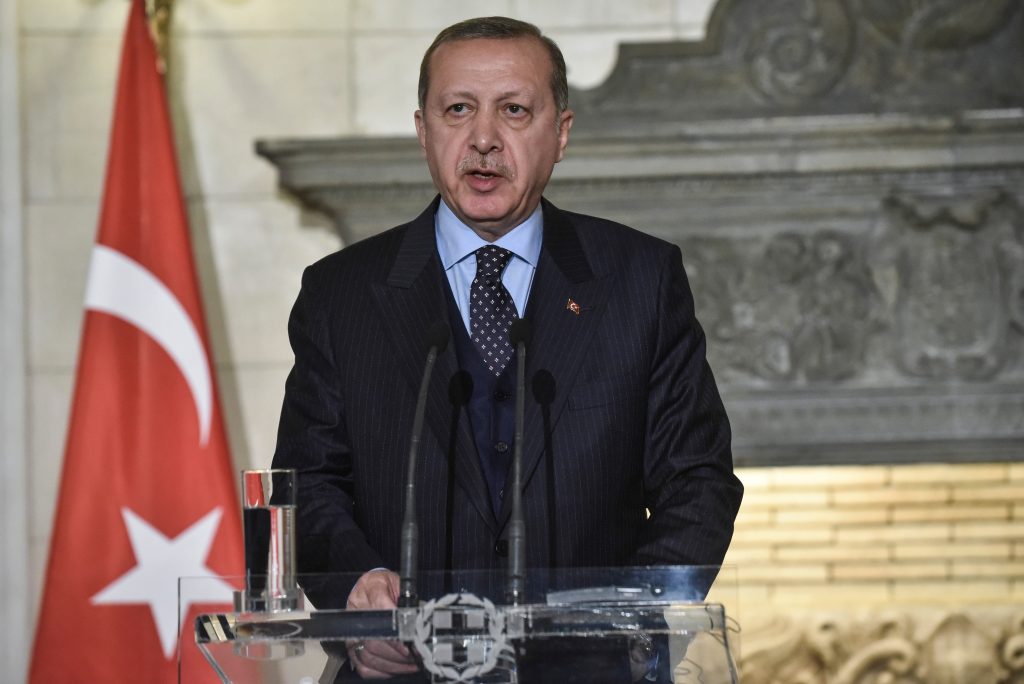
Recep Tayyip Erdogan
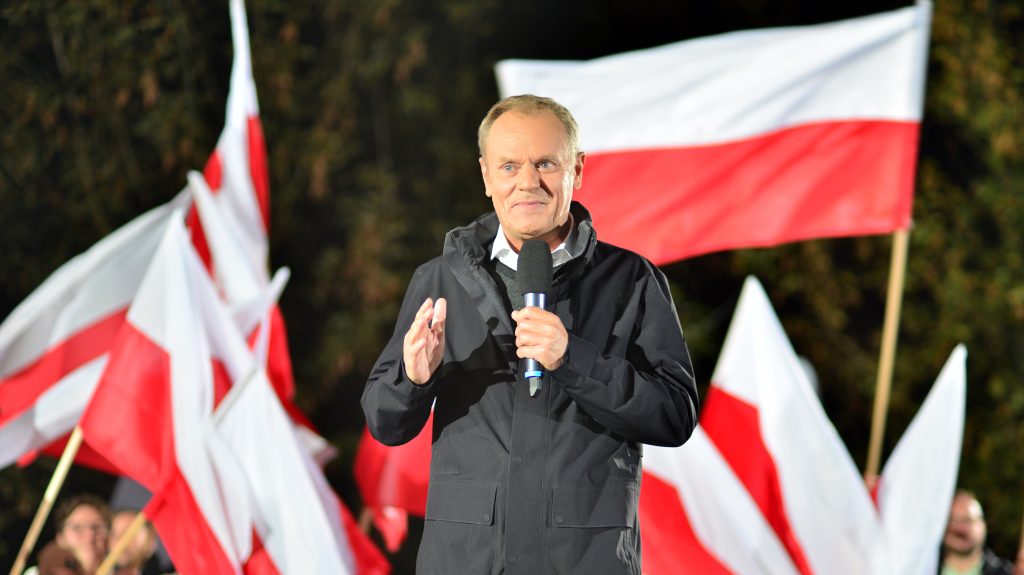
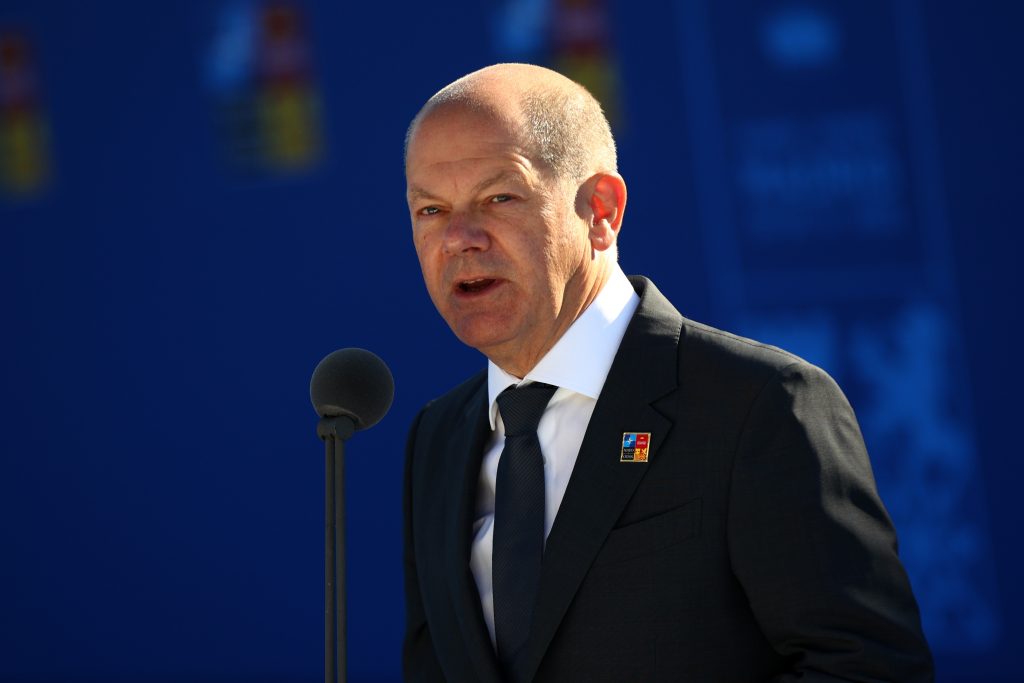
To achieve peace between Ukraine and Russia, it is essential to consider additional factors that have nothing to do with the battles being fought on the Ukrainian battlefield. The challenges we face and the ways to address them require a comprehensive policy of security cooperation and trade, naturally including collaboration across many areas. We cannot exclude ordinary Russians from everyday interactions with the rest of Europe. We also cannot continue the containment policy towards the country that we have observed over the past 30 years. The Russian people wish to live and interact naturally with the rest of the world.
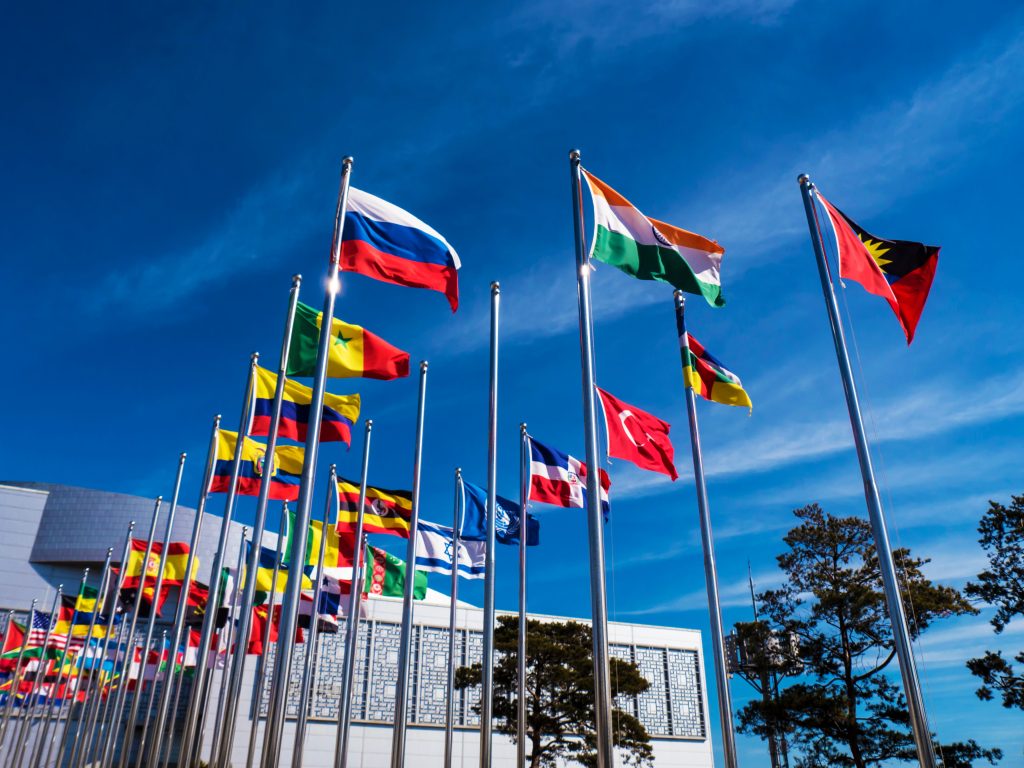
If one believes that peace and stability can be attained by isolating Russian businesses, leadership, and the Russian people, then they are misguided. Currently, we see war fatigue among the Ukrainian populace, and we also see the war impacting neighboring countries in terms of their energy supply, as Ukraine is now poised to close pipelines that cross through its territory to these neighboring countries. It is understandable that Ukraine does not want to finance the Russian war machine, by allowing significant oil revenues to potentially support military equipment used in the conflict. However, on the other hand, the lack of energy supplies to neighboring countries could lead to a less friendly disposition toward Ukraine, which could be very unfortunate for the country in these difficult times. On the battlefield, it appears that both Russia and Ukraine are set to intensify their use of artillery and larger, more powerful bombs. Ukraine is expected to receive advanced anti-aircraft systems that could enhance the protection of its cities. The Ukrainian military is also set to receive significant air support. Both Russian and Ukrainian units are fortifying and preparing for a prolonged conflict, which, from an outside perspective, seems poised to escalate in the coming months.
Political Hesitation
It appears that there is a political hesitation to initiate explorations with the warring parties. Of course, Hungarian Prime Minister Viktor Orbán could engage in discussions with the conflicting parties and relay this information to the EU, even though EU leaders may not tolerate his peace diplomacy.
If concrete proposals for discussion are not formulated, the conflicting parties will make no progress, and diplomats will lack the fundamental knowledge of the possibilities available to create peace between Russia and Ukraine. Such an approach would rely on mere guesswork, which is an exceedingly untenable and unprofessional way to assist the individuals living through the dire suffering witnessed on Ukrainian soil, both for soldiers and civilians.
The UN Must Get Involved
We know that the Ukrainian government wishes for the UN Secretary-General to lead upcoming peace negotiations. Additionally, it is evident that countries neighboring Russia and Ukraine should be involved in the preliminary stages of drafting initial proposals for the parties. We also know that Türkiye has repeatedly expressed its willingness to host the upcoming peace negotiations.
As I have often pointed out, the forthcoming peace negotiations should logically occur in Istanbul, where both Ukrainian and Russian politicians have called for a multilateral format including other countries alongside Russia and Ukraine. Therefore, I have developed a 15-2 format that can be reviewed elsewhere on this site.
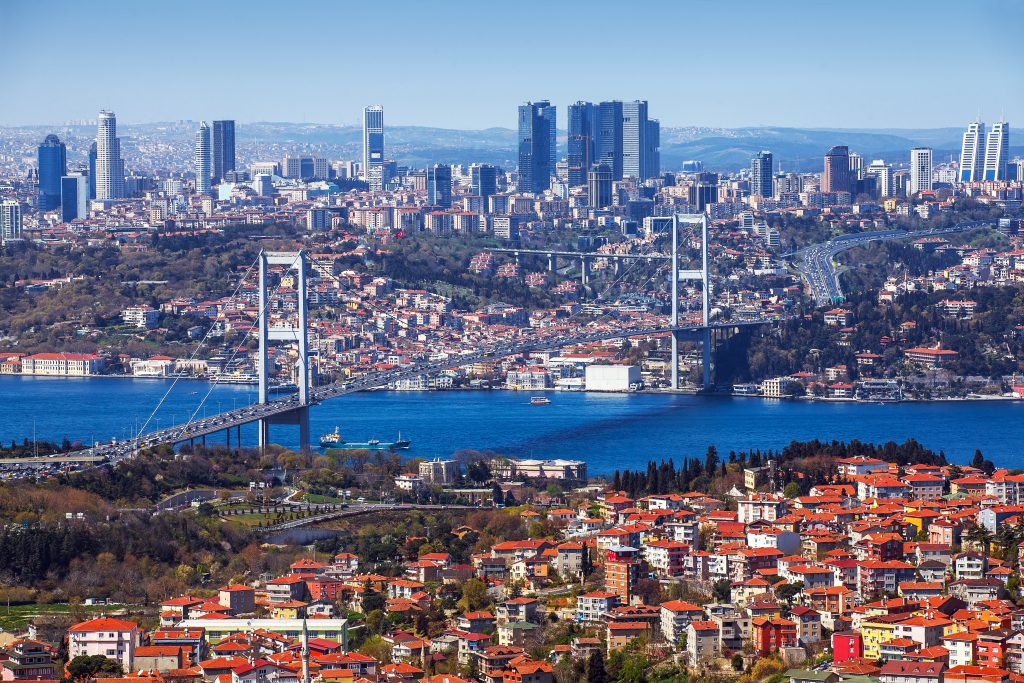
Trade and Geopolitics
Some areas that must be included and that do not pertain directly to the situation in Ukraine are: demilitarized zones on land, air, and at sea; no foreign troops at Russia’s borders; a future trade policy between Russia and the EU; and future collaborations regarding the easing of visa regulations for travel between Russia and the EU. The rights of Russian minorities in the former Soviet Union must also be addressed. Regarding Ukraine, we must assume that one of Russia’s interests is that no foreign troops are stationed on Ukrainian soil in peacetime and that no nuclear weapons are present in the country. Regions in Eastern Ukraine, such as Donbas, should be granted expanded autonomy and potentially the possibility of dual citizenship. Minority rights concerning language, culture, and education must also be prioritized.
On the Crimean Peninsula, proposals must be developed on how the parties can agree on coexistence, and I also believe it is necessary that the Russian Black Sea Fleet continues to have access to the port of Sevastopol. One could consider an extension of the previously agreed leasing arrangement. Furthermore, a draft peace agreement could include the establishment of four centers for cooperation, culture, and trade in the cities of Sevastopol, Mariupol, Donetsk, and Luhansk by Russia. It should also be expected that the draft peace negotiations include a stipulation for Russia to assist in the restoration and modernization of these cities.
Future Cooperation Between Russia, Europe, and Ukraine
The strategic proposals I have outlined also include a significant trade strategy that is essential for future peace and stability in Europe, especially between the Russian and Ukrainian peoples.
We know that around 50 countries aim to assist Ukraine in recovering in every conceivable way, which is remarkable and will foster stability and progress in the country. However, there is less focus on the future of the Russian economy and the Russian people.
The essence here is that the Russian people and leadership must understand that the countries involved in forthcoming peace negotiations are committed to normalizing their relations with Russia on all fronts. This includes regular energy trade and the resumption of activities in Russia by companies that have withdrawn, whenever feasible. Additionally, all frozen Russian assets, whether private or public, must be released. In the same manner, Russia must release the assets it has nationalized.
The challenge lies in revitalizing the economies of Europe as swiftly as possible, benefiting all people in the region, especially in relation to the reconstruction of Ukraine. I have extensively demonstrated elsewhere how to ensure security without isolating countries that are natural partners here in the heart of Europe.
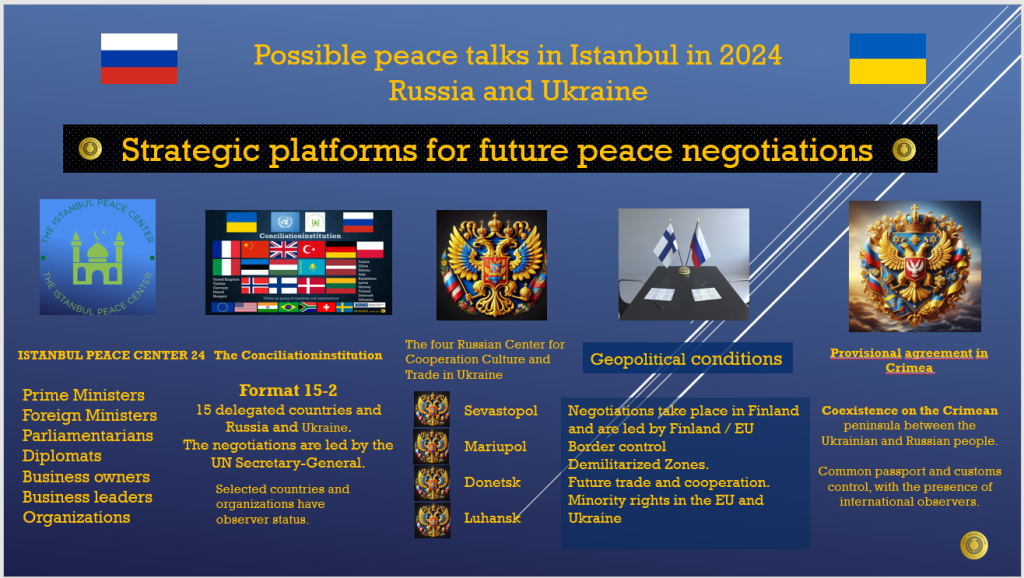
“The Five-Stringed Negotiation Strategy”
In conclusion, I must say that there is no guarantee that the five-stringed strategy I have proposed will lead to peace between Russia and Ukraine in the near future. However, if responsible leaders embrace this and adopt a holistic perspective on a future Europe, this document could serve as an important guide and catalyst for future peace and de-escalation of the unfortunate situation that the continent has found itself in.
I plan to create a more detailed list that encompasses several points formulated by various peace delegations and countries. Additional drafts of peace negotiations have also been presented on this site, but the circumstances are constantly evolving, and no one can predict how the future will unfold for the Ukrainian and Russian peoples. However, those in power, possessing the knowledge and resources—both economic and human—through your diplomacy, must strive to establish a foundation, platform, or strategic forum, allowing for meaningful discussions about peace, reconciliation, and future cooperation once the worst wounds have begun to heal. We must utilize the necessary human resources and the time required to conduct the forthcoming peace negotiations and also instill hope and faith in a brighter future for the Ukrainian and Russian peoples in the near term.




